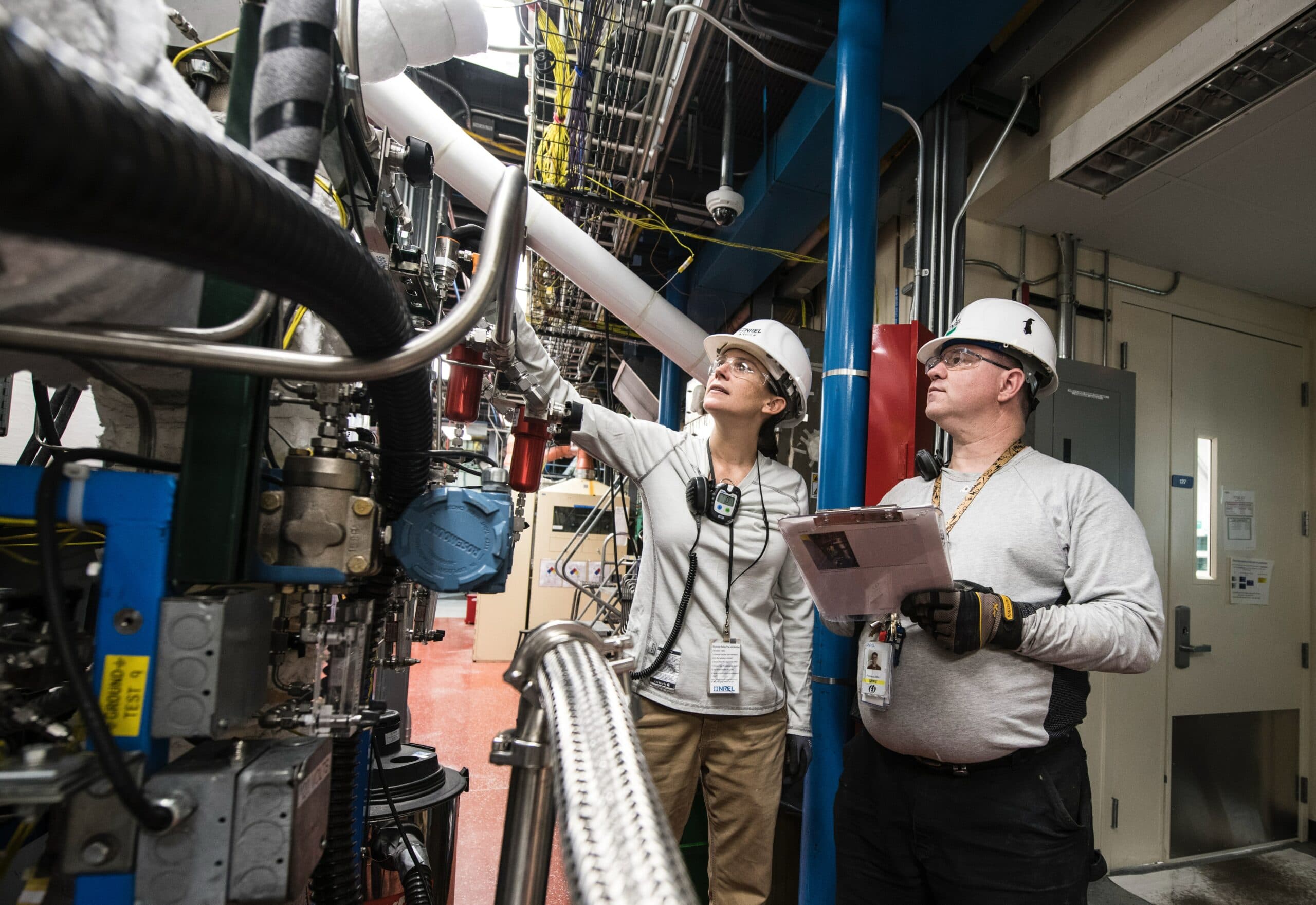Today the Prime Minister Scott Morrison delivered his pre-budget speech on “arguably one of the most important” budgets since the end of the second world war. The 2020-21 budget, which will be announced next Tuesday, comes at the heels of Australia’s worst economic contraction after being hit by the global pandemic, bushfires and drought.
“This year, the global economy is forecast to contract by around 4.5 per cent. The world economy during the GFC declined by 0.1 per cent. So in simple terms, the economic contraction we’re expecting this year in the global economy is 45 times greater than the GFC,” said Mr Morrison.
The Prime Minister outlined three broad principles guiding next week’s budget: cushion the blow from the pandemic-induced recession, recover the jobs and incomes that were lost, and rebuild the economy for the future.
A focus on manufacturing
The pre-budget speech revealed that the manufacturing industry will play a key role in the Government’s economic recovery plan. Mr Morrison spent the large majority of his speech outlining the $1.5 billion budget plan to sustain local manufacturing.
“[Key national priorities] are the resources technology and critical minerals processing, food and beverage manufacturing, medical products, clean energy and recycling, defence industry and the space industry,” said Mr Morrison.
This plan centres around creating “a stable and competitive business environment through our jobmaker plan.”
Despite a desire to build scale in Australia’s manufacturing sector, the budget blueprint was noticeably modest.
“The reality is we cannot and should not seek to reach global scale in a large number of sectors,” said Mr Morrison.
Mr Morrison also highlighted the need to build “sovereign capability”, responding to supply chain disruptions caused by the pandemic.
Although the Government is “continuing to prise open new markets for Australian businesses overseas”, Mr Morrison demonstrated a desire to avoid situations where the “benefits of hyper-globalisation and highly fragmented supply chains … evaporate very quickly.”
However he stressed that this was not a shift towards greater protectionism.
“The current crisis is not an excuse for protectionist policies that subsidise inefficient firms and industries.”
When asked whether government procurement is considered protectionist, Mr Morrison was quick to indicate the Government’s compliance with the World Trade Organisation.
“[W]e will abide by the World Trade Organisation rules. And they are a key consideration in how we frame our procurement policies.”
What else did we learn?
Gas
Mr Morrison was strident in his gas-led recovery plan.
“You can’t make plastic with solar. You make it with gas. You can make it with hydrogen as well. But gas is both a feed stock to support industry and manufacturing sectors, and it is also a source of power that supports households.”
However Mr Morrison artfully dodged questions about how much the anticipated gas and infrastructure projects would cost to taxpayers.
“[A]t this point, the gaps in that and the costs of that are yet to be determined.”
Household spending
Despite outlining how the budget will use tax cuts to increase household income, the Prime Minister was unwilling to explain how he would actually stimulate household consumption and spending.
“I never tell people what to do with their own money. Ever. Because you know why? It’s theirs.”
R&D tax concessions
The Prime Minister was tight-lipped about the proposed $1.8 billion cut to R&D tax concessions.
“It will be in the budget.”
However if the Prime Minister is faithful to growing the manufacturing sector and job creation, R&D cuts may be reconsidered.
How has Labor responded?
Opposition Leader Anthony Albanese criticised this as “another announcement from a government that prioritise[s] announcements rather than prioritises delivery.”
“The test for this government is not whether it can make announcements. The test for this government is them actually delivering on those announcements.
“It is one thing to use a figure like $1.5 billion, when we know that is half of the $3 billion that has been cut from TAFE for skilling young Australians and other Australians needing retraining since they came into office. So it is important that they be held to account.”
In response to Mr Morrison’s emphasis on manufacturing, Mr Albanese highlighted how local manufacturing should instead be driving clean energy and healthcare in Australia.
“We should make things here. There is a whole range of new products that we can make here as well.
“We have everything that goes into a battery. We have lithium and all of those rare earths, the second-largest deposit of rare earths in the world. We should be using that to produce batteries, to produce solar panel, to produce more things here.
“We need to be more self-reliant when it comes to pharmaceuticals and medical products here as well. There is a range of things that could be produced here. We should be doing it.”
Keep up to date with our stories on LinkedIn, Twitter, Facebook and Instagram.

